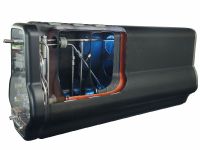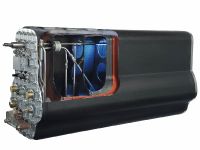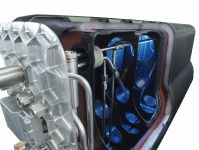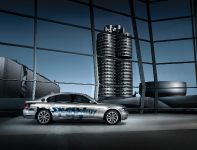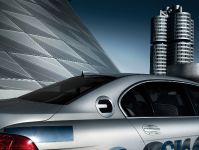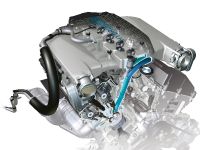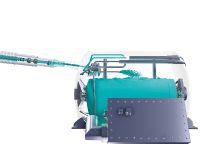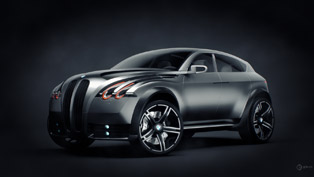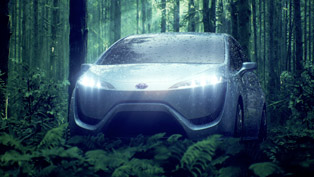Are hydrogen cars the alternative vehicle of the future?
This weeks "fresh and clean" topic will put more attention on hydrogen vehicles as many of us might not be completely aware about them. I'm going to discuss how they work and are they beneficial for the environment, and in addition - I will resume some of their disadvantages.
Nowadays many people become more conscious how vitally important is to lead a healthy lifestyle and thus to save the environment around us. Hence, it is more and more often to encounter people who are interested in using alternative fuels and contributing to saving our planet's ecosystem.
In fact there is already a boom in the automotive market in the production of electric and hybrid vehicles. And this can consequently lead to the thought that the world is in need of paying more attention to what really matters - keeping alive and clean the home we call "Mother Earth".

But let's go straight to the point and find out how hydrogen cars can contribute in our environmental efforts.
First of all, I must tell you more about what really a hydrogen vehicle is. As you already know probably, it uses hydrogen for power. What you might not know however is how this hydrogen transforms into power.
The vehicle can be powered by hydrogen in two different ways. The first one is through a modified internal combustion engine, which has to be designed especially for this purpose, so that it can transform the chemical energy coming from the hydrogen in electricity.
The second one is through a hydrogen fuel cell which works like batteries. The principle, which lies behind the creation of the power, is that the hydrogen and oxygen are combined with a cell in order to generate the needed electricity and water, they in turn run the electric motor.
Both methods effectively produce energy from the compound. Nevertheless, the latter method seems to be more beneficial in terms of eco-friendliness.
What is also important to mention is the way hydrogen is being obtained. In fact, it isn't a natural energy source (like fossil fuels for instance). Its main characteristic is that it is an energy carrier.
Hydrogen is made mainly after chemical reactions in which methane or fossil fuels take part, or it can be created from energy sources such as solar energy source or wind ones. In other words – this compound is to be found almost everywhere and this is the reason which makes it so attractive to the different companies.
For that reason lately many automotive companies put a lot of effort and attention on the ways this can happen. They are developing technologies which can be successfully utilized to exploit the potential of hydrogen energy for vehicles.
In addition to this another important advantage of the hydrogen is that it is prepared without utilizing fossil fuel inputs. But what does this mean? Well, basically the vehicle's propulsion won't contribute to carbon dioxide emissions.
On the other hand, hydrogen might have some drawbacks that have to be reviewed. First of all, the storage of hydrogen is a challenge, because it is a low density gas. Secondly, it appears that the additional leakages of hydrogen might harm the stratosphere. Third – a large amount of investments should take place in order to make an infrastructure in alignment with such cars.
Furthermore, if the gas is used in fuel cells, those vehicles require a special catalyst. The latter requires in turn a metal component, which very often is made of platinum. And as we all know: this metal is very rare and extremely expensive.
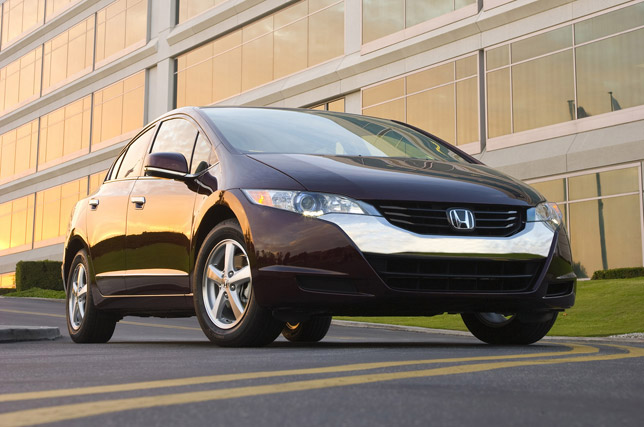
And to go back to the initial question: are hydrogen cars the alternative vehicle of the future? It is indeed very tough to answer such question, as you consider the advantages and drawbacks of these types of cars have. Nonetheless, many companies are investing in the research of the feasibility of building hydrogen cars.
For example, on the market you can see those models: BMW Hydrogen 7, Nissan Hydrogen Tour, Honda FCX Clarity, Mazda RX 8 Hydrogen RE.
In summary, vehicles which offer alternative ways of propulsion and emit less harmful gases are significantly needed nowadays. Hydrogen cars are one of the option, which although is a bit more expensive, can also contribute for the reduction of greenhouse gases and reliance on oil. The vision which stays behind the development of such vehicles is to deliver cleaner and greener ways for everyone to travel without producing harmful emissions.
